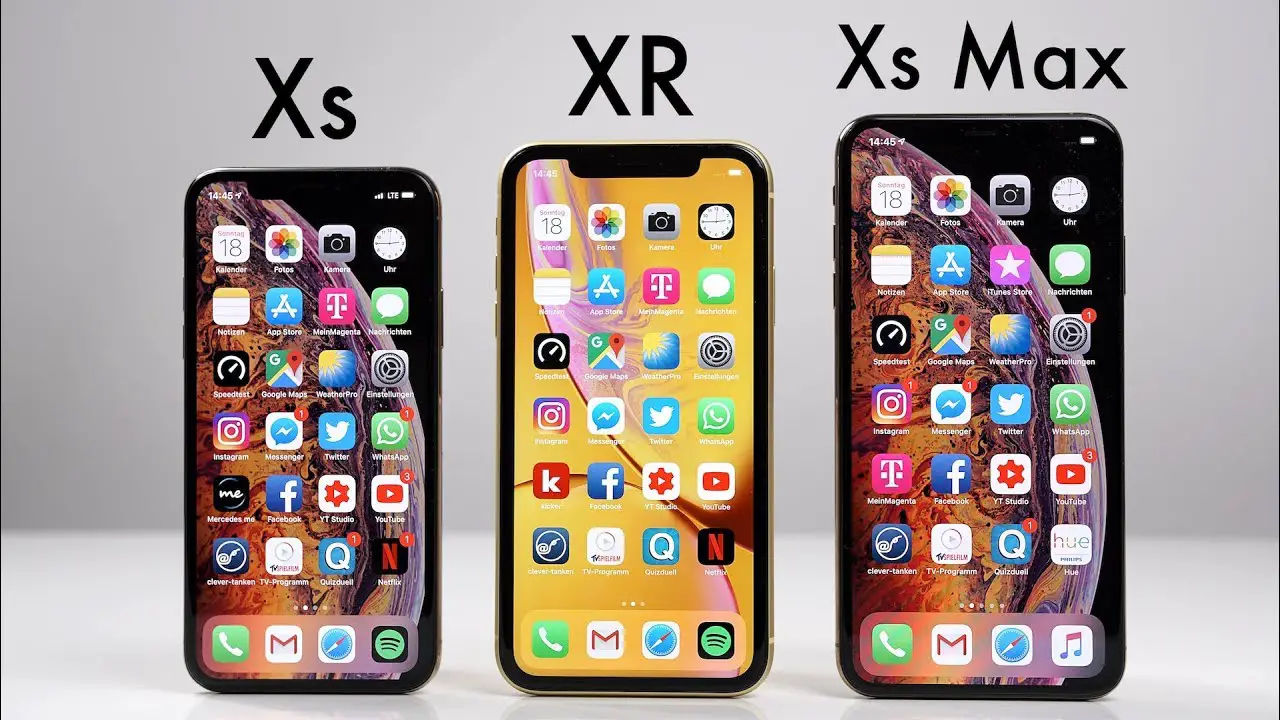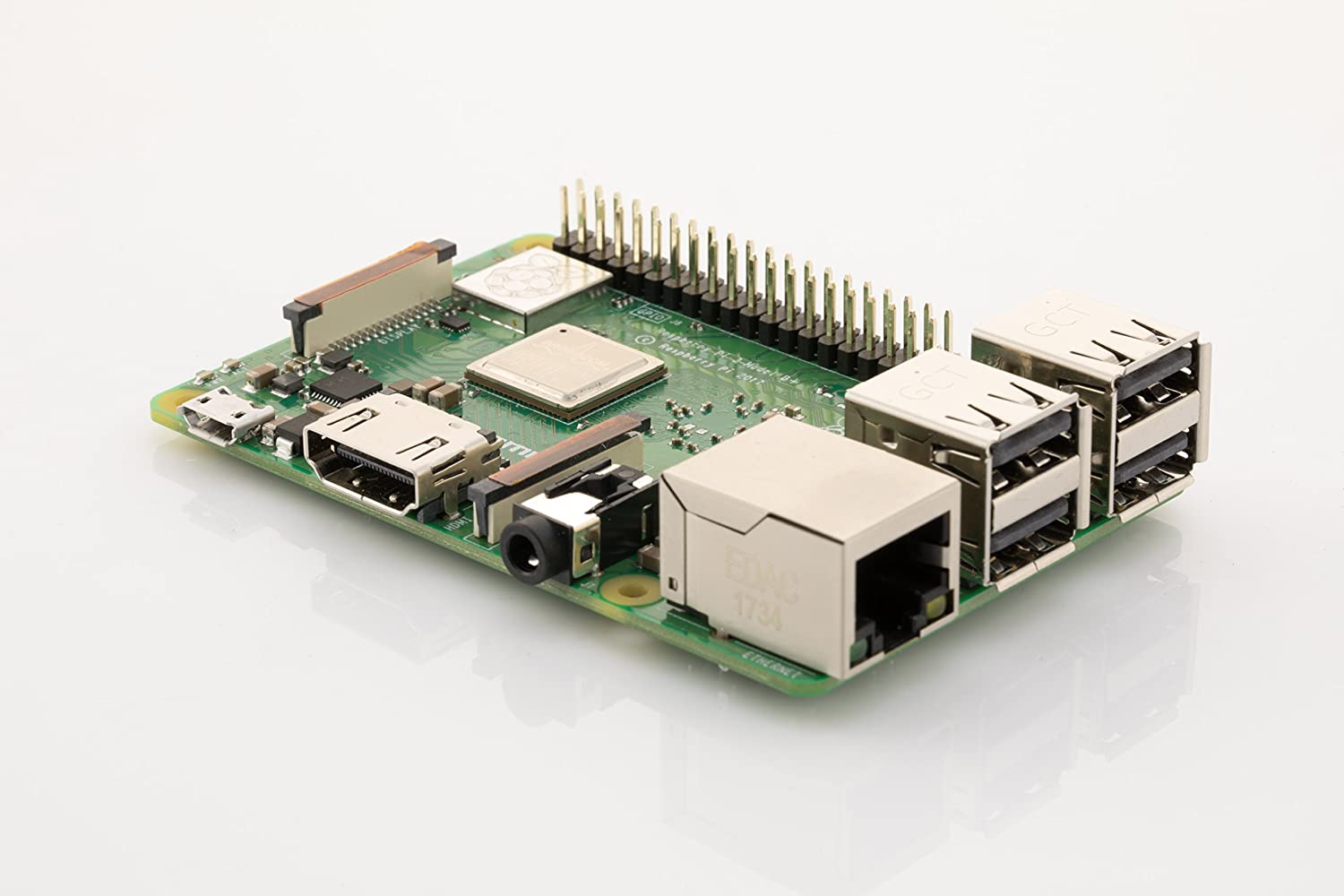; Date: Sat Aug 24 2019
Tags: Apple »»»» Right to Repair »»»»
An earlier post summarized a discovery by a fellow in China (Justin Ashford) that Apple was purposely displaying a scary warning message if someone replaced the battery in an iPhone XR, or XS. In this post we summarize some deeper information he presents to iFixit.

To summarize the discovery:
- It's observed that after replacing the battery in an iPhone XR or XS, that iOS displays a warning that the battery may be no good
- This was displayed even when replacing the battery with an authentic Apple battery
- However if you remove the circuit board from the battery that originally came with an iPhone, and attach that circuit board to a blank no-name battery, the message does not appear
- Apple is using a customized version of a TI "battery fuel gauge" chip, and this chip includes a cryptographic key store feature
Earlier post: Apple purposely shows 'Service' warning after iPhone battery replacement - RIGHT TO REPAIR
Related post: Apple possibly preparing to eliminate hackintoshing via T2 Security Chip
The issue is, and this applies to desktop Mac's, is that Apple is working to insert cryptographic authentication at the hardware level. Supposedly this is for security, hence the name "T2 Security Chip" in the desktop computers, but it also acts to destroy the RIGHT TO REPAIR and the ability of independent 3rd party repair shops to repair devices.
I understand this from last fall, having taken an iPhone 6 for battery replacement in country where there is no Apple service centers. After replacement the phone said new battery had 92% state of health, which made me think the repair shop had sold me a bad battery. Maybe they did, since there are unscrupulous shops out there cutting corners.
But it demonstrates the emotional response. You go to a shop, they do a repair, then the device gives you a warning, and therefore your response is to distrust the repair shop. But in this case Apple is purposely displaying the warning even if it's a legitimate repair part.
In the case of the iPhone XR/XS battery, there is a little circuit board connecting between the battery and the phone. On that board is a chip whose primary purpose is to provide "fuel gauge" services, meaning:
- The chip tracks the number of charge and discharge cycles
- It tracks how much energy has gone into the battery
- It tracks how much energy has exited the battery
- Hence it can calculate the current state of charge
- It estimates state of health
All that is useful functionality. The battery health information iOS displays about is derived from that functionality. However the chip is also the gatekeeper between the battery and the device. A useful function in that role is to disconnect the battery if it its voltage goes too high. But the ability to disconnect the battery can be used for evil purposes.
What if Kumquat Computers decides they want complete utter control over the repair of their devices. So Kumquat see's a chip that can be used to disconnect 3rd party batteries - and implement operating system features to do so. They'd need a way to robustly identify a Kumquat battery. If the OS detected a non-Kumquat battery it would instruct the gatekeeper chip to disconnect.
That's an extreme example. Apple Computer is not doing that. What Apple does is a mild form of that result, they are displaying a bogus warning message that strikes fear in the heart of a phone owner. It's a psychological game, then, of making the 3rd party repair shops look bad.
The implementation uses a cryptographic key between the phone and the battery. If the key doesn't match, iOS displays the warning message.
It's believed that Apple could enable this same bogus warning message on older phones simply by adding features to iOS.
It's believed that Apple is seeking to add cryptographic authentication to every portion of every device Apple sells. Apple will sell it as being for our security. But the impact will be that 3rd party repair shops will no longer be able to repair Apple products.











